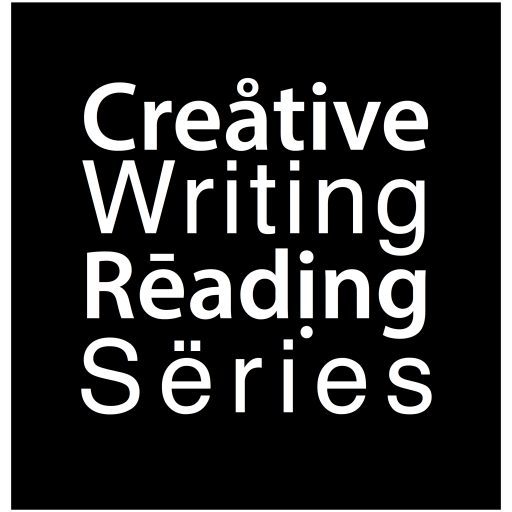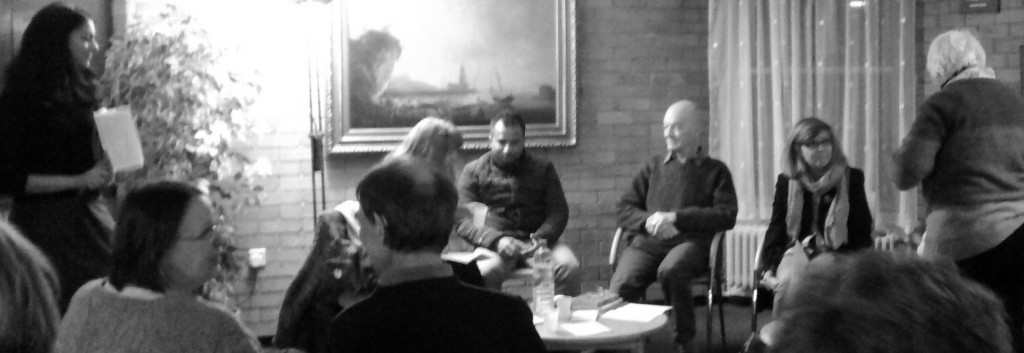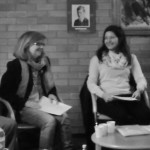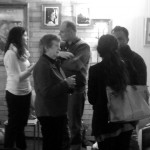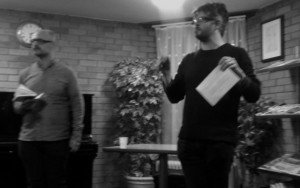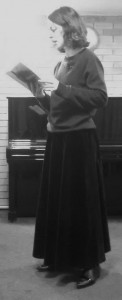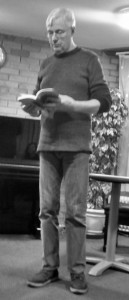The new term is swiftly upon us, a summer that will see many Kent Creative Writing projects come to fruition.
The Reading Series will welcome professionals from the publishing industry over the coming weeks. Students will be able to share their work, receive advice and get questions answered. And many of them will already have something in print to share and celebrate.
The Book Project is a hugely popular module with Creative Writing undergraduates at Kent. An intensive course run by Simon Smith, it gets students writing new work with ambitious scope, building up a body of pieces or a novel that acts not only as a portfolio but a finished, saleable product. Students visit the Poetry Library in London and look at artists’ books in the Templeman. After a period of writing, planning and workshops, each student produces a finished book that is printed, glossily bound and ready for sale. A reading and launch is held. Participants get a true taste of the gigging writer’s life: deadlines, jacket designs, nerves, a live audience, applause. Selling and signing books. Exhaustion and elation.
What do they make of the process? I asked Joe Hill, whose experience with publishing his first poetry collection through the project may have given him the live reading bug. He found the module useful and informative. ‘While it’s been great on the creative writing side, it’s been equally useful to know about self-publication and the like.’ There’s a distinct camaraderie to the Book Project too – the students are in this together, facing similar challenges rather than bowing their heads over solitary desks or fire-fighting those editorial deadlines alone. ‘Like so many of the creative writing modules, you really get to know your fellow students well on a personal level.’ And what about the launch itself? ‘The reading was nerve-racking,’ Hill admits, ‘but really gratifying as a book-end (no pun intended) to the module.’
MA students have been getting their teeth into the magazine industry with a module run by Dragan Todorovich. Well versed in this medium, Todorovich has organised his team of students to work to professional industry standards. ‘I have organised the whole process to resemble editorial work in a proper magazine.’ There are five students in the group, each taking a clear role as well as forming the magazine’s editorial board. ‘This approach is working very well’ Todorovich says, with the team steering away from traditional forms of print-on-demand and opting for a magazine in a box.
Box[ed.] is in its final production stages now. As well as writing their own creative pieces during the term, the students have been active in advertising the magazine and seeking submissions, reviewing proposed pieces, working on design and production costs, building an online presence and keeping a journal of the whole experience. Editor-in-Chief, Jane Summerfield, has been keen to keep up the pace. Her task has included a firm grip on editorial meetings – ‘cutting down the chat’ – and reducing over 70 submissions to a final list for publication. The team has met regularly and reported back to Todorovich through weekly seminars, combining editorial with workshops of their own writing. ‘We informed our leader about our progress with the magazine and about the submissions we had,’ Summerfield states. After weeks of planning and work, the project started to come together and seem real. The boxes arrived, ready to be filled with the final selection of new writing. ‘It felt like a proud moment, as if we had all overcome another challenge with the project.’ Choosing the pieces wasn’t easy. ‘The process was heavy, and challenging people’s opinions was a tough action as Editor in Chief. Ultimately I made the call on pieces with a mixed reaction.’ But rejection from the magazine isn’t the end point. Summerfield has made a point of writing to all hopefuls, successful or otherwise, and asking them to keep in touch. The team is working on new projects and there will be further openings for student writers. ‘One of which is the new website, where we hope to have a writer’s spotlight and sub-sections of writing. An online presence is important.’
Find that presence at www.boxedmagazine.com and keep up to date with publication and launch news.
More student work can be found in the new anthology Kent Review. Volume 1 of this biennial series will be launched on May 14th. It’s a book of some 30 selections, showcasing pieces from current and recent Creative Writing postgrads. Amy Sackville, one of the book’s creators, is justly proud. ‘The book itself is looking beautiful, with an elegant, contemporary design befitting the brilliant work within.’ And the work itself? Expect short pieces and extracts from novels in progress on diverse topics, ‘bees, bikes, ghosts, happiness and jazz…short stories that will make you think and leave you moved, unsettled, and possibly disturbed; poetry full of flair and flex, pushing at the boundaries of what text can do, and exploring the spaces left behind and between words.’
Kent Review 1 will be distributed to publishers, agents and the media, highlighting the writers and their potential. Celebrate the launch with staff and students at Waterstones, Rose Lane, Canterbury on 14th May, 6.30pm. The book will be available to buy at £7.99 at the event, from the Centre for Creative Writing and from Blackwell’s bookshop on campus.
See you at a reading soon.
Sonia
